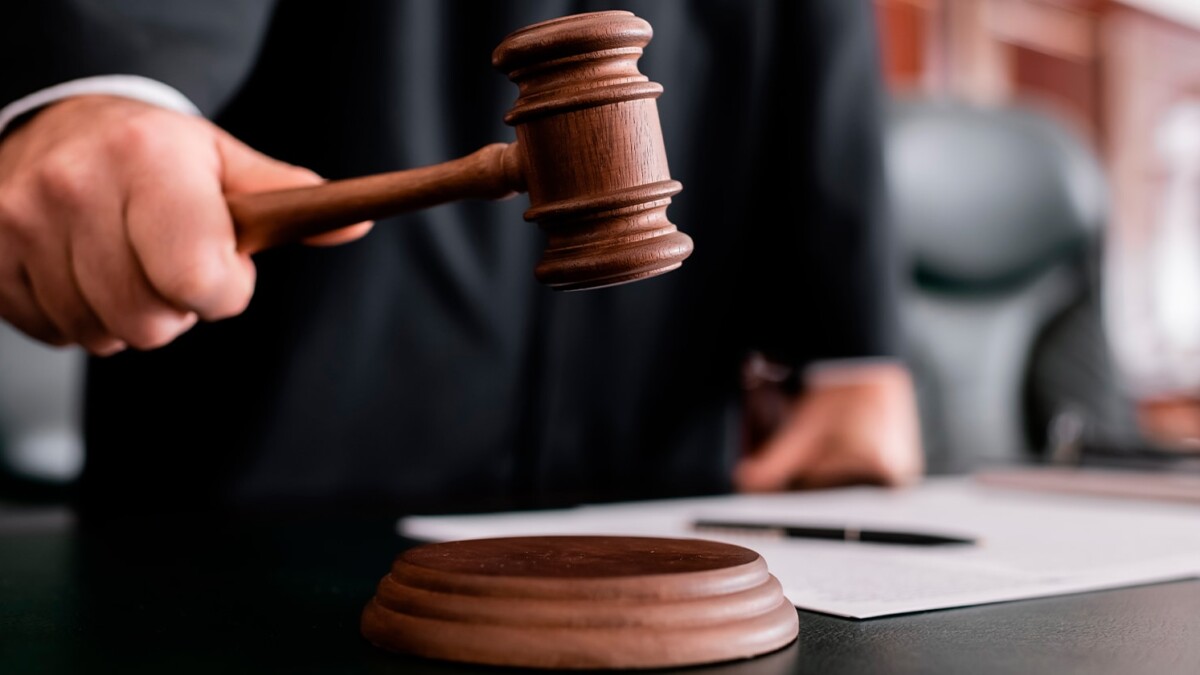Cuba admitted a high level of administrative corruption in its state entities by imposing up to 22 years in prison on a significant number of accused individuals.
The figure, according to official sources, reached 203 workers who received sentences ranging from two to 22 years of imprisonment.
Indice
Types of Crimes and Sentences
Embezzlement, bribery, forgery of documents, theft and damage of documents or other objects in official custody, and violation of official seals were the crimes proven against these individuals.
Audited Companies
The list of audited companies is quite extensive and includes the provincial Food Processing companies, Gastronomy of Havana and its basic units in La Lisa, Playa, Plaza de la Revolución, Habana del Este, Cerro, San Miguel del Padrón, and Centro Habana.
Also included are companies subordinate to the Food Business Group, attended by Mincin, Parallel Market Wholesale, and the Tobacco, Cigars, and Matches company.
Additional Measures Applied
And although the most significant aspect, undoubtedly, are the sentences of imprisonment, a significant number of other measures were also applied.
About 383 sanctions were applied following the identification of administrative, direct, and collateral responsibilities where “95% were concentrated in definitive demotions from the position (9.6%), definitive separations from the entity (42%), and definitive separations from the sector (44%),” the government indicates.
Impact of Embezzlement
Among the products they embezzled were those released at differentiated prices that complemented the standard family basket for the population, leading to shortages and discomforts that in turn prompted the complaints that led to the investigation.
The report explains that the infractions of these individuals generated million-dollar losses to the country by appropriating large sums of money, declaring retail sales that did not match the cash for that concept which they later deposited in the bank.
Broader Context of Corruption and Response
The events clearly account for the lack of control and supervision of state resources and inefficiencies within the companies managed by the government itself.
All this happens in the midst of the context in which just a few days ago the country’s president, Miguel Díaz Canel, called for a hard stance and zero tolerance against corruption and crime in Cuba.
✅Para Recibir TODAS las Noticias GRATIS 👉Síguenos desde Aquí

